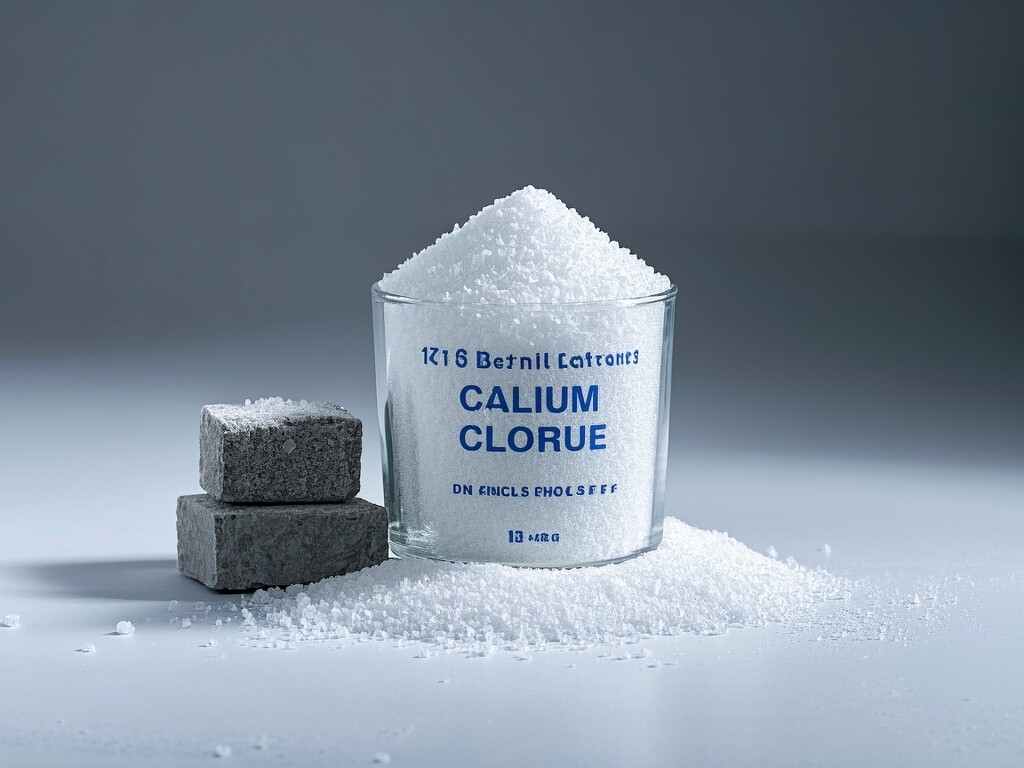News

Top 5 Benefits of Using Calcium Chloride in Industry
Calcium chloride (CaCl₂) is a versatile chemical compound widely used across industries for its unique properties. From dust suppression to accelerating concrete curing, its applications are both diverse and cost-effective. This article explores the top 5 benefits of calcium chloride in industrial settings, backed by technical insights and real-world examples.
1. Superior Dust Control
Calcium chloride is highly effective in suppressing dust on unpaved roads, construction sites, and mining operations. Its hygroscopic nature allows it to attract moisture from the air, keeping surfaces damp and reducing airborne particles. Unlike water-based solutions, CaCl₂ provides long-lasting dust control, even in arid conditions. For example, a study by the National Stone, Sand & Gravel Association (NSSGA) showed a 60% reduction in dust emissions when calcium chloride was applied.
2. Efficient Deicing and Anti-Icing
As a deicer, calcium chloride outperforms traditional salt (NaCl) by lowering the freezing point of water to -52°F (-47°C). It works faster and requires less material, making it ideal for airports, highways, and parking lots. Municipalities in colder regions, such as Canada and Scandinavia, rely on CaCl₂ for winter maintenance. Its exothermic reaction also generates heat, accelerating ice melting.
3. Concrete Acceleration
In construction, calcium chloride is added to concrete mixes to accelerate curing time by up to 50%. This is critical for projects with tight deadlines or cold weather conditions. The American Concrete Institute (ACI) approves its use at concentrations below 2% by weight. Contractors report faster formwork removal and reduced labor costs when using CaCl₂.
4. Moisture Absorption in Packaging
Calcium chloride is a desiccant used in food packaging, pharmaceuticals, and electronics to prevent moisture damage. It absorbs up to 300% of its weight in water, outperforming silica gel. Companies like Formic Acid supply high-purity CaCl₂ for humidity-sensitive applications.
5. Oil and Gas Drilling Fluid Additive
In oil drilling, CaCl₂ stabilizes shale formations and controls wellbore pressure. Its high density (1.4 g/cm³) helps prevent blowouts. Major oilfield service companies use calcium chloride-based brines for their compatibility with sensitive equipment.
Cost and Environmental Advantages
Compared to alternatives like magnesium chloride, calcium chloride offers a lower cost per ton and a smaller environmental footprint. It is non-toxic and biodegradable, meeting EPA standards for industrial use.
Common Misconceptions
- Corrosivity: While CaCl₂ can be corrosive, modern inhibitors mitigate this risk.
- Handling: Proper PPE (gloves, goggles) ensures safe usage.
Why Choose Our Calcium Chloride Solutions?
Our Formic Acid division provides industry-grade calcium chloride with 94-97% purity, backed by ISO 9001 certification. Contact us for bulk pricing and technical support.


